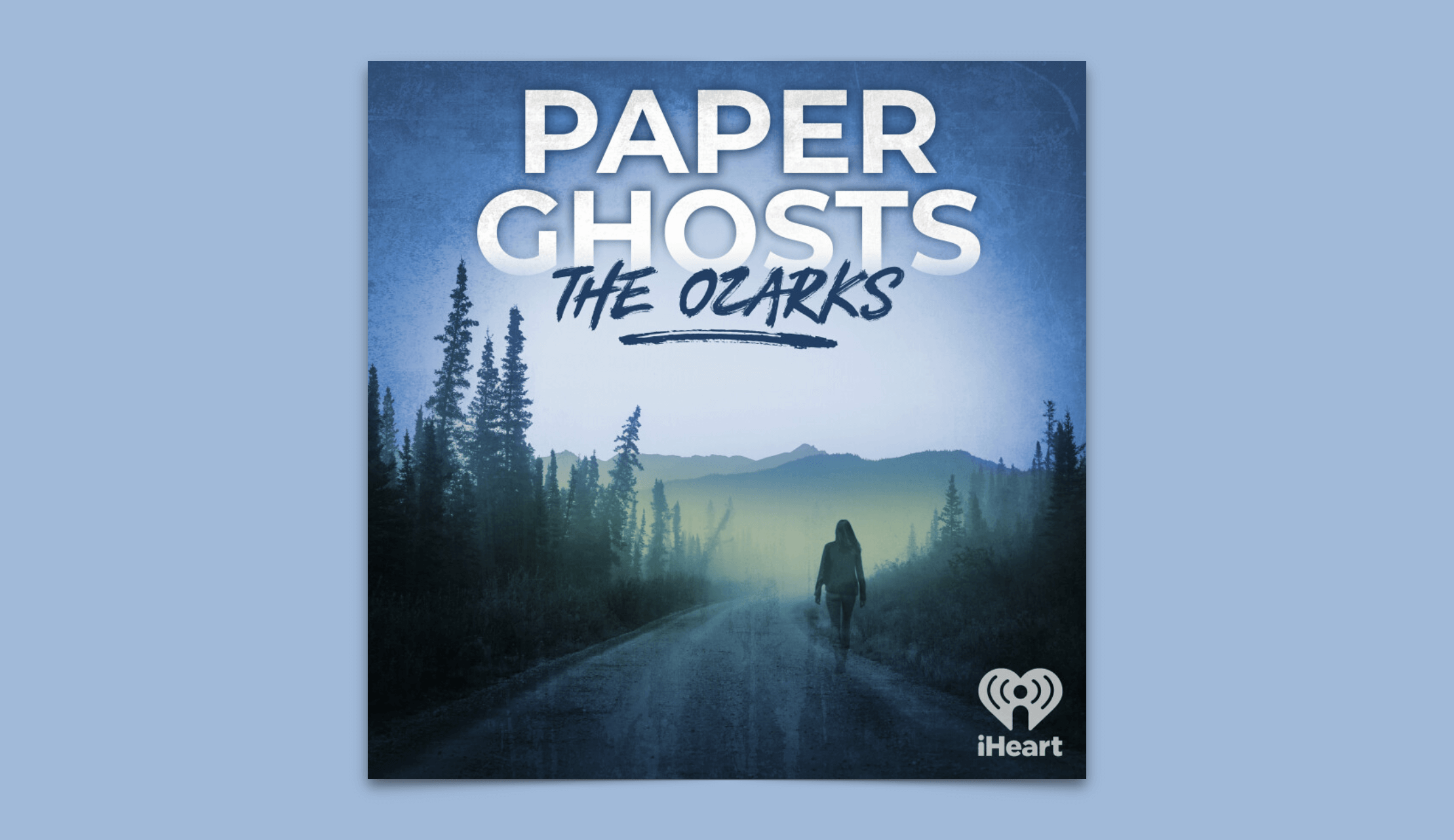Paper Ghosts’ latest season, The Ozarks, opens with the emotional voice of Christy Smith as she describes the three-decade old unsolved murder of her beloved first cousin, Dana Stidham. Smith grew up in the small Arkansas town of Bella Vista, where she swam with her cousin in the community pool, stopped by Dairy Queen, and enjoyed the freedom that children in rural areas take for granted.
After graduating high school, Stidham briefly lived with Smith. A few months later, Stidham got a new job and moved to an apartment where she split the rent with her brother and their friends. The world was an open door for her; a young, popular woman with doting parents and a close friendship group.
But on July 27, 1989, eighteen-year-old Stidham went out for an errand and never returned home. Her last confirmed sighting was in the parking lot of a grocery store in the neighboring town. She was picking up medication for her father, a task none of her friends and family believed she could have blown off. It was not like Stidham to go quiet. She had a date that evening, which she never showed up for. Even in an era that preceded cellphones, if she were going to change her plans, Stidham would have found a phone and got in contact.
Her call never came. This season of Paper Ghosts is an investigation into the day that Dana Stidham went missing – and who murdered her.
True crime has seen a meteoric rise in podcasting. However, much of the so-called reporting the sort of “can’t look away” journalism that sensationalizes carnage. But as veteran journalist and host M. William Phelps’s chronicles Stidham’s story, he brings a much-needed empathy to this genre. Instead of relying on trauma as the narrative driver, Phelps talks to family, friends, and local law enforcement to construct a portrait of a small community in 1989 – and who they are now.
Want our latest podcast reviews and episode recommendations in your inbox? Sign up here for our weekly newsletter.
Unlike many podcast hosts who regurgitate source audio – a common stylistic choice that is not only boring but redolent of mansplaining – Phelps is genuinely interested in audio as longform media. He invests time in creating cohesion between the different perspectives of interview subjects, rather than relying on voiceover or repetition.
As a journalist, Phelps has made a name in podcasting by bringing attention to cold-case murders of young women. His subject requires extensive interactions with victims’ families who might prefer to leave the past alone; Phelp’s talent lies in getting reluctant people to talk.
Paper Ghosts is aware of how gender intersects with violence. According to the US Bureau of Justice, 76% of murders involving female victims are perpetrated by someone they knew – and women are five times more likely than men to be murdered by an intimate partner.
With these statistics in mind, it’s refreshing to hear Phelps empathize with Dana as a young person. Paper Ghosts provides catharsis without resorting to sensationalism, using journalism that is informed and nuanced. Rest assured, Phelps delivers an excellent new season of this deservedly successful show.
¤
Wendy J. Fox is the author of four books of fiction, including the novel If the Ice Had Held and the Colorado Book Award-winning What If We Were Somewhere Else. She has written for The Rumpus, Buzzfeed, Self, Business Insider, Electric Literature, and Ms. among other publications, and her work has appeared in many literary magazines.

